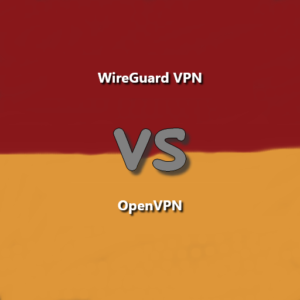The Importance of Choosing a vpn no logs for Linux Privacy
using a virtual private network (VPN) is an essential tool. However, not all VPNs prioritize privacy in the same way. Choosing a vpn no logs is particularly important for Linux privacy, as it ensures that your online activities are not tracked or recorded. Why privacy is important when using a VPN on Linux When using




